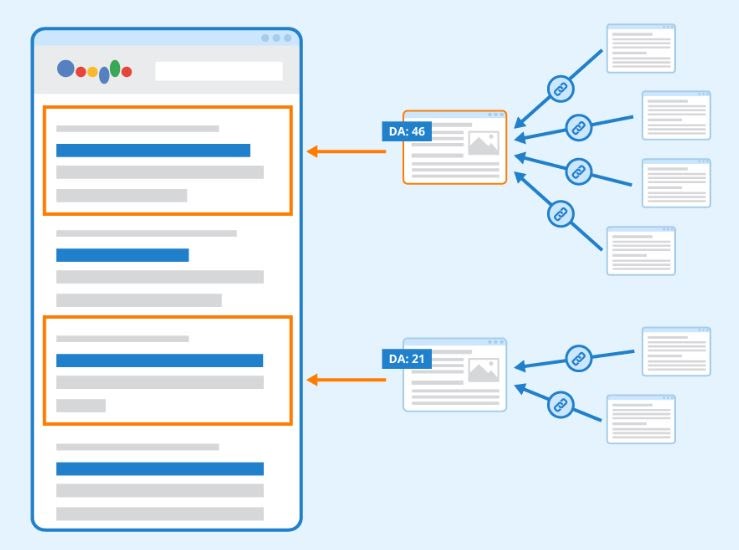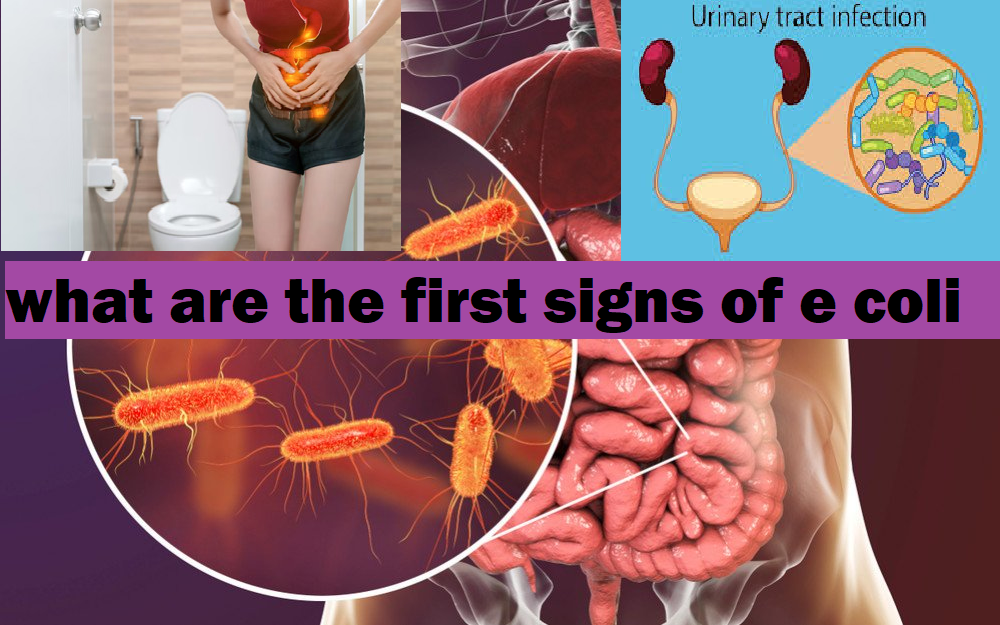E. coli (Escherichia coli) is a bacteria that lives in the intestines of humans and animals. While most strains are harmless, some can cause illness, particularly through contaminated food or water. Understanding what are the first signs of E. coli and the progression of symptoms is crucial for timely treatment.
What Are the First Signs of E. coli?
The early symptoms of an E. coli infection usually appear within 3 to 4 days after exposure. The first signs include:- Abdominal cramps
- Diarrhea, often starting mild and becoming severe
- Nausea or feeling of bloating
- Fatigue
What Is the Best Treatment for E. coli?
For mild cases of E. coli infection, supportive care, such as rest and staying hydrated, is often sufficient. Drinking fluids to replace lost electrolytes is crucial. In more severe cases, hospitalization may be necessary to prevent dehydration and other complications.What Are the Worst Symptoms of E. coli?
Severe E. coli infections can lead to more intense symptoms such as:- Bloody diarrhea
- Vomiting
- Severe stomach pain
What Happens if E. coli Goes Untreated?
If left untreated, E. coli can lead to serious complications, particularly for vulnerable individuals like young children, the elderly, and those with weakened immune systems. Dehydration is one of the main risks, and untreated E. coli infections that progress to HUS can cause kidney failure, long-term health issues, or even be fatal.How Do You Confirm E. coli?
Doctors typically diagnose E. coli infections through a stool sample test. This helps identify the specific strain of E. coli causing the symptoms, allowing for more targeted treatment if necessary.What Kills E. coli in the Body?
In most cases, the body's immune system can naturally fight off the E. coli bacteria. However, hydration and supportive care are crucial to help the body recover. In severe cases, antibiotics may be prescribed, though some strains of E. coli are resistant to certain antibiotics.Is Yogurt Good for E. coli?
Yogurt, particularly those rich in probiotics, may help restore the balance of healthy bacteria in the gut after an E. coli infection. However, yogurt should not be considered a cure but a supportive food that may aid recovery.What Antibiotic Kills E. coli?
While some E. coli infections can be treated with antibiotics, many doctors advise against using them unless absolutely necessary, as antibiotics can sometimes increase the risk of HUS. For susceptible strains, antibiotics like ciprofloxacin or azithromycin might be effective, but antibiotic resistance is a growing concern.Is E. coli Normal in Stool?
Yes, some strains of E. coli are a normal part of the human gut microbiome. However, pathogenic strains, like E. coli O157 , can cause illness when ingested through contaminated food or water.Does E. coli Cause Gas?
Yes, E. coli infections can cause bloating and excess gas due to the disturbance in the gut.What Not to Eat if You Have E. coli?
If infected with E. coli, avoid dairy products (except for probiotic yogurt), high-fat foods, spicy foods, and anything that can further irritate your digestive system. Stick to bland foods like toast, rice, and bananas until your symptoms improve.What Food Is Causing E. coli?
E. coli outbreaks are often linked to:- Undercooked ground beef
- Contaminated raw vegetables (such as lettuce and spinach)
- Unpasteurized milk or juice
- Contaminated water sources
Read more :
1= https://checkwebsitedr.com/blogs/what-are-the-first-signs-of-kidney-disease/
2= https://checkwebsitedr.com/blogs/how-do-e-coli-symptoms-start/


